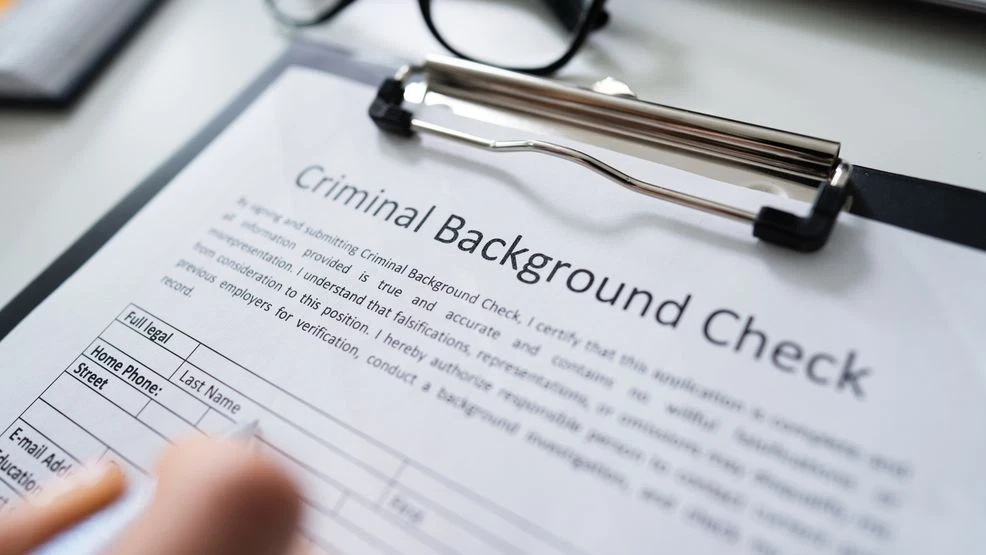Introduction
A criminal record can follow you for years—affecting job opportunities, housing applications, and even personal relationships. However, in many cases, you may have the legal right to have your record expunged. Expungement is the process of removing or sealing a criminal record from public access, allowing you to move forward with a clean slate.
In this guide, we’ll cover everything you need to know about how to expunge a criminal record—eligibility requirements, the step-by-step process, costs, and important tips to increase your chances of success.

What Does Expungement Mean?
Expungement is a legal process that erases or seals a criminal record so that it’s no longer accessible to the public. Once expunged, the offense does not appear in most background checks, and you can legally state that you have not been convicted of that crime (with a few exceptions for certain government or legal applications).
Key Points:
- Not all crimes are eligible for expungement.
- Laws vary by state and country.
- Expungement differs from record sealing—sealed records still exist but are hidden from public view.
Benefits of Expunging Your Criminal Record
Expungement can bring life-changing opportunities, including:
- Better Employment Opportunities: Many employers run background checks; clearing your record can improve hiring chances.
- Improved Housing Options: Landlords often reject applications with criminal history.
- Restored Rights: In some cases, expungement may restore your right to vote or possess firearms.
- Peace of Mind: Freedom from the stigma of a past mistake.
Who is Eligible for Expungement?
Eligibility depends on jurisdiction, but here are common factors:
- Type of Offense
- Non-violent misdemeanors are more likely to be expunged than serious felonies.
- Time Passed Since Conviction
- Many states require a waiting period (e.g., 3–10 years).
- Completion of Sentence
- You must have completed probation, paid fines, and fulfilled all court orders.
- No New Offenses
- A clean record since your conviction improves your eligibility.
- Special Circumstances
- Juvenile records often have easier expungement processes.
Example:
In California, certain felony convictions can be reduced to misdemeanors and then expunged, while in Texas, expungement is limited to wrongful arrests or dismissals.
Step-by-Step Guide to Expunging a Criminal Record
Step 1: Check Your Eligibility
Contact your local court or review your state’s official judicial website to confirm whether your conviction qualifies.
Step 2: Obtain Your Criminal Record
Request a copy from your state’s Department of Justice or court records to verify details.
Step 3: Gather Supporting Documents
You may need:
- Court case numbers
- Disposition records
- Proof of sentence completion
- Character references
Step 4: File a Petition for Expungement
Visit the court that handled your case. You’ll typically need to:
- Complete an expungement form
- Pay a filing fee (varies by state, usually $50–$300)
- Submit copies to relevant agencies
Step 5: Attend a Court Hearing (If Required)
Some states require you to explain to a judge why expungement should be granted. Be prepared with:
- Evidence of rehabilitation
- Employment or education records
- Letters of recommendation
Step 6: Wait for the Court’s Decision
Processing times vary—some take weeks, others months.
Step 7: Verify Your Record is Cleared
After approval, request an updated background check to ensure the record no longer appears.

Common Mistakes to Avoid
- Filing Without Checking Eligibility: Saves time and money.
- Incomplete Documentation: Missing papers can delay or deny your petition.
- Not Following State Procedures: Each jurisdiction has unique rules.
- Ignoring Legal Help: A lawyer can increase success rates.
Cost of Expungement
The cost varies widely:
- Filing Fees: $50–$300
- Attorney Fees: $500–$1,500 (optional but recommended)
- Other Costs: Background check fees, certified copies
Tip: Some nonprofit organizations offer free expungement clinics.
How Long Does the Process Take?
On average, 3 to 6 months, but complex cases can take up to a year.
Expungement vs. Pardon
- Expungement: Removes the record from public view.
- Pardon: Forgives the crime but leaves the record visible.
Conclusion
Expunging your criminal record can open doors to better jobs, housing, and a fresh start in life. While the process may seem overwhelming, following the correct steps and seeking legal guidance can make it achievable.
If you’re ready to put the past behind you, start by checking your eligibility today. A clean slate could be closer than you think.